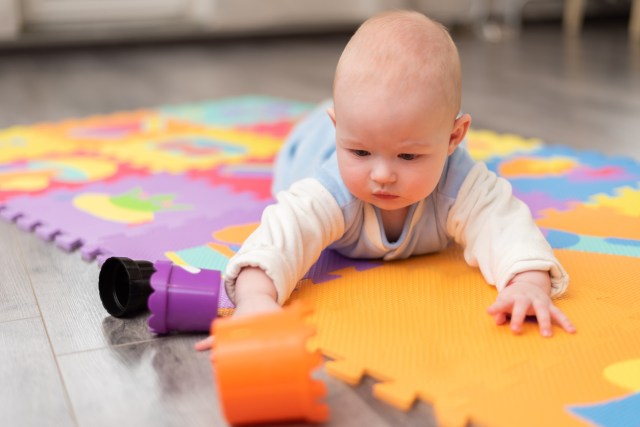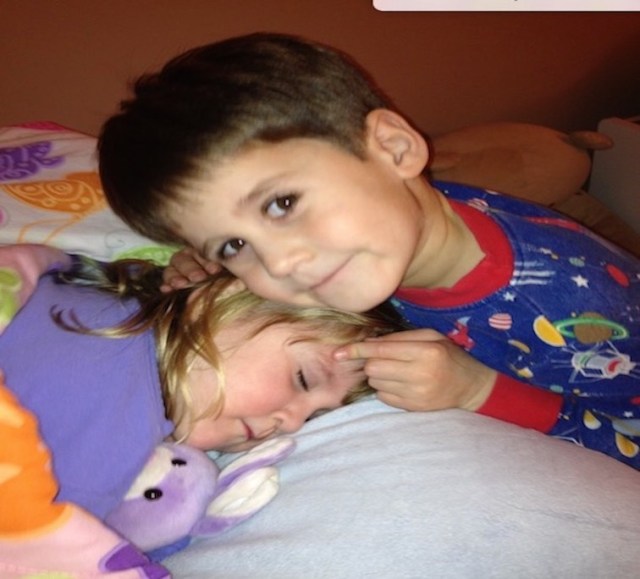As new parents we live for the developmental milestones of our babies. Smiling at six weeks, starting solids at six months, potty training… and on and on. Our excitment even starts while baby is still in the womb: “Look honey, she’s the size of a kidney bean this week!” As time goes on though, we realize that we as parents have milestones, too!
Milestone: The day your baby can hold his or her own bottle
- Typically occurs: Around 10 to 11months old
- What it’s really like for parents: Confusion and disorientation in parent; for several days you will not know what to do with your free hands and lap. Then expect a feeling of liberation. Parents report their homes become moderately cleaner upon reaching this stage.
Milestone: The day breastfeeding feels as natural as everyone keeps telling you it should be
- Typically occurs: Anytime between day 1 and day 90
- What it’s really like for breastfeeding moms: Overwhelming joy.
Milestone: The day your baby sleeps through the night for the first time
- Typically occurs: Anywhere between 12 weeks to 5 years old
- What it’s really like for parents: Also known as “The Holy Grail of Parenting,” once parents feel what it’s like to have a child go to sleep from 7 p.m. to 7 a.m., they can never go back. Parents report feelings of wanting a second child upon reaching this milestone.
Milestone: The day you decide your child watching “a show” is okay
- Typically occurs: Most frequently once toddler drops their nap or when toddler welcomes newborn sibling
- What it’s really like for parents: Slight guilt followed by urge to allow child to watch “just one more.” There are LOTS of opinions on this one but only you know the right decision for your family. (Just go with it.)
Milestone: The day that diapers are no longer on your Costco list
- Typically occurs: Varies
- What it’s really like for parents: Utter disbelief. Parents later report sadness as there are no more babies in the house.
What Parenting Milestones have you reached? Which ones are you excited about? Let us know in the comments!




































